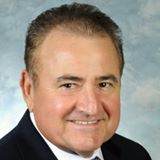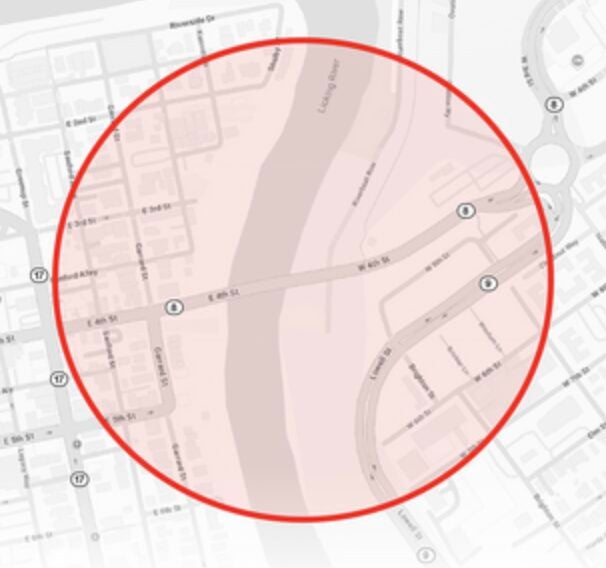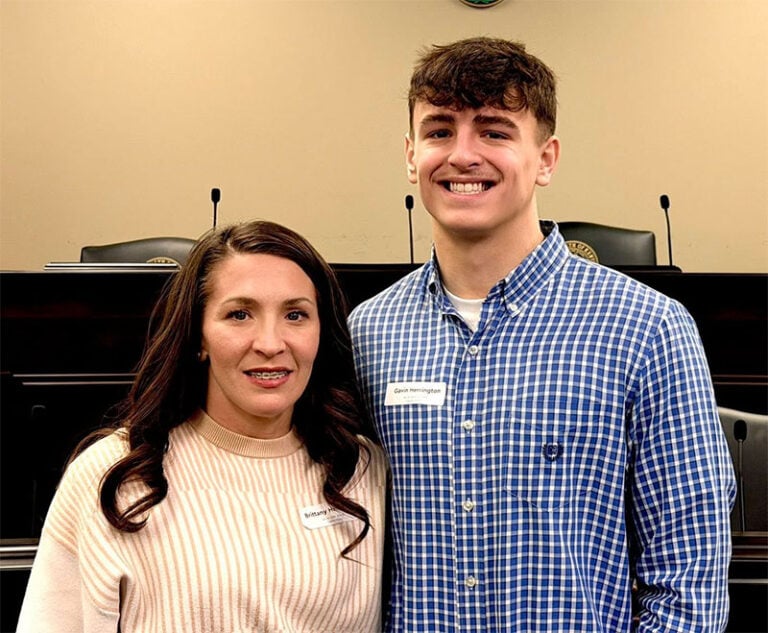Representative Dennis Keene, D-Wilder, will speak at a press conference on Tuesday, Feb. 3, 2015 at 2:30 p.m. in the Kentucky Capitol Rotunda in support of House Bill 60 that he has filed to strengthen Kentucky’s DUI laws.
Colleen Sheehey-Church, the national president of Mothers Against Drunk Driving, will attend the press conference along with the families of DUI victims in Kentucky. (Victims’ families will be announced later this week.)

“For six years, I have been working on this important life-saving legislation,” says Representative Keene. “Five times it has passed the House of Representatives and has died in the Senate. We have strong bipartisan support in both the House and Senate this year and I am hopeful that this will be the year we pass this bill.”
House Bill 60 will require individuals convicted of drunk driving to install an ignition interlock device, which would test the operators breath for alcohol before allowing the engine to start without any cost to the taxpayers. MADD, the National Transportation Safety Board, The Foundation for Advancing Alcohol Responsibility, AAA and other groups support mandatory interlock laws.
Representative Dennis Keene nearly lost his daughter Kelly Keene Jones in a drunk driving accident in 2002. She required three subsequent surgeries in order to overcome her injuries and now Kelly is an outspoken advocate for tougher DUI laws.
The legislation will include a provision for indigent funding which was a point of contention during previous legislative sessions.
As a result of the federal highway bill (MAP-21) passed by Congress in 2012, by enacting the proposal included in HB 60, Kentucky would qualify each year for approximately $300,000 in interlock incentive grant funds from the federal government. Twenty-four states have passed all-offender ignition interlock laws.
“Ignition interlock devices are designed to protect the public by incapacitating drunk drivers. Evaluation of interlock use shows a 35-90 percent recidivism, with an average of 64 percent,” said Robyn Robertson of the Traffic Injury Research Foundation of Canada.
“The cost of the alcohol interlock device is about $3-4 a day or about the cost of a drink or about the cost of a gallon of gas,” Robertson said. “There will be no cost to the Kentucky taxpayers if the program is enacted; all costs are borne by the convicted offenders.”
According to MADD, ignition interlock devices are proven to save lives.
“States with all-offender interlock laws have been a reduction in drunk driving deaths of up to 45 percent,” according to the MADD website.
“MADD supports HB 60 as a proven strategy to reduce the number of repeat offenders on Kentucky roadways,” said Sheehey-Church. “MADD strongly advocates requiring interlock for all convicted drunk drivers because 50 to 75 percent of convicted drunk drivers continue to drive without a license, illustrating that a license suspension is not the most effective way to protect the public from convicted drunk drivers.”
For more information, click here.
From November Strategies

















